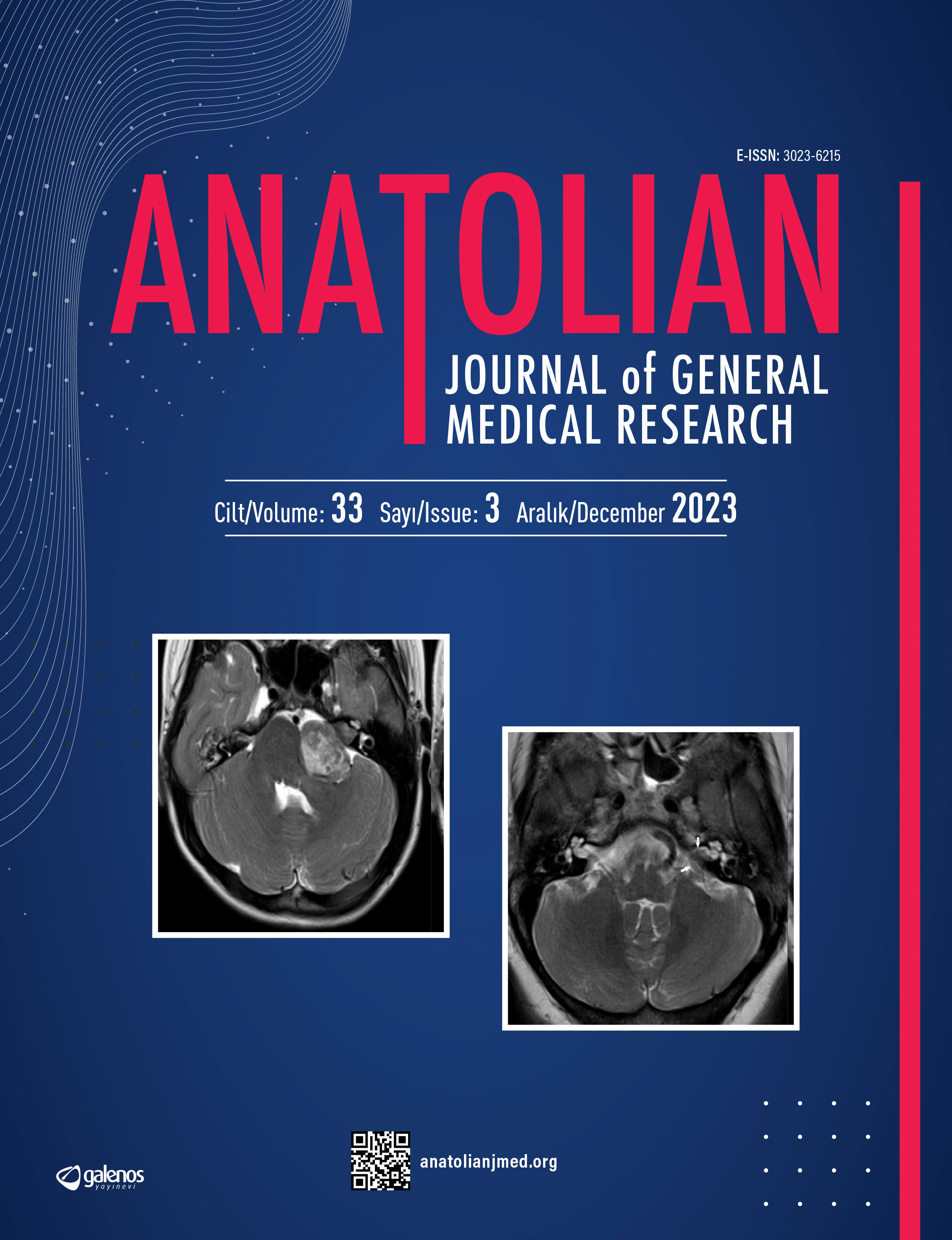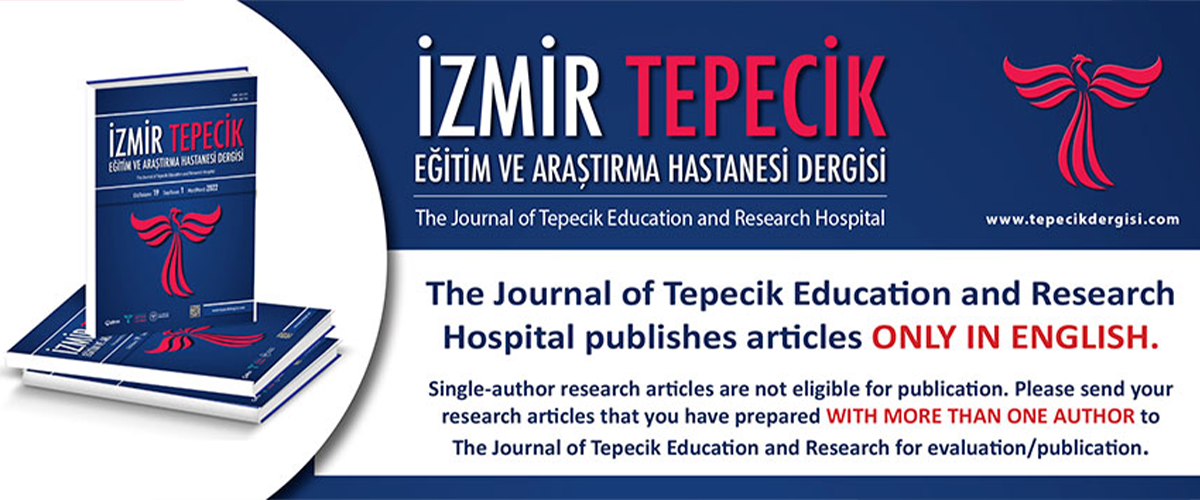








Evaluation of the Frequency of Epilepsy in Pediatric Palliative Care Service
Nilgün Harputluoğlu1, Ünsal Yılmaz2, Tanju Çelik11University of Health Sciences Turkey, Dr. Behçet Uz Pediatric Diseases and Surgery Training and Research Hospital, Clinic of Pediatric Palliative Care Center, İzmir, Turkey2University of Health Sciences Turkey, Dr. Behçet Uz Pediatric Diseases and Surgery Training and Research Hospital, Clinic of Child Neurology, İzmir, Turkey
Objective: Epilepsy is a disorder characterized by sudden, repetitive, non-triggered seizures caused by abnormal and excessive electrical discharge in cortical neurons. There are no data regarding the palliative care needs of patients with epilepsy in Turkey. This study evaluates the frequency, etiology, clinical characteristics, and needs of children with epilepsy hospitalized in pediatric palliative care (PPC) services.
Methods: Following the approval of the local ethics committee, patients who received PPC services were retrospectively analyzed. Demographic data, primary diagnosis, device and technology used, duration and frequency of hospitalization, seizure type, electroencephalography, and magnetic resonance imaging findings of patients diagnosed with epilepsy were evaluated.
Results: Fifty-two (52%) of 100 patients included in the study had a diagnosis of epilepsy. The mean age of the patients with epilepsy was 4.8±0.8 years, and 53.6% (n=48) were male. It was found that 63.5% (n=33) of the patients diagnosed with epilepsy had cerebral palsy, and 26.9% (n=14) had inborn errors in metabolism. The most commonly used drug was levetiracetam, with 46.2%. Additionally, it was observed that patients with epilepsy had a statistically significantly more prolonged hospital stay than those without epilepsy and those with focal seizures than those with generalized seizures (p=0.004, p=0.023).
Conclusion: More than half of the patients needing palliative care had a diagnosis of epilepsy, and the presence of epilepsy prolonged hospital stay. The study may also be of interest to both pediatricians and pediatric neurologists in the field of PPC, which requires a multidisciplinary approach.
Corresponding Author: Nilgün Harputluoğlu, Türkiye
Manuscript Language: English
(386 downloaded)




